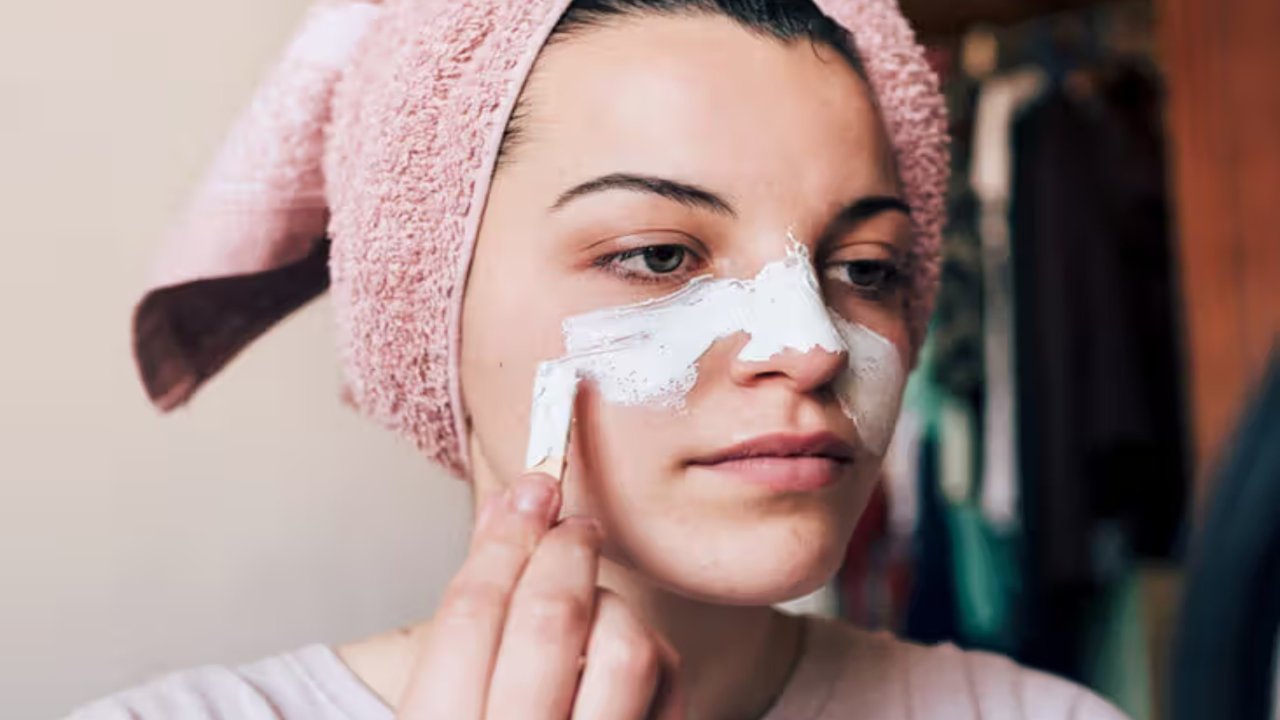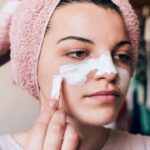Acne can be really frustrating, especially when it pops up at the worst times. Many people try home remedies to fix acne quickly, but let’s discuss whether those actually work.
Understanding Acne
Let’s talk about what causes acne. It happens when oil and dead skin cells clog your pores. This blockage prevents oxygen from getting in, which allows a bacteria called P. acnes to grow. Your body reacts to this bacteria, causing inflammation, and that’s what leads to pimples and other blemishes. So, understanding this helps us see why home remedies for acne might not be the best solution.
Can Acne Be Cured Naturally?
Now, you might wonder if acne can be cured naturally. The truth is, acne is an infection on your skin. Using things like lemon or tomato can actually expose your skin to acids that might do more harm than good. They can irritate your skin, leading to rashes or even more breakouts. And I’ve seen people try to use toothpaste—yikes! That’s meant for teeth, not your skin, and it can really irritate it.
Common Home Remedies
Let’s look at some popular home remedies.
-
Lemon Juice: People often use this because it’s acidic and has vitamin C, but it can really irritate your skin, causing dryness and making you more sensitive to sunlight.
Apple Cider Vinegar: It’s got some antibacterial properties, but there’s no solid evidence that it actually treats acne. Plus, it can strip your skin of its natural oils, which could lead to more breakouts.
Green Tea: This is known for being soothing, and while it can be a nice moisturizer, it doesn’t specifically target the bacteria that cause acne.
Raw Honey: It has some antibacterial effects, but it doesn’t really go after the bacteria that lead to acne.
What Works for Acne?
So, what’s the takeaway? Unfortunately, there isn’t a one-size-fits-all home remedy for acne. Some natural ingredients might help a little, but they often don’t address the root causes, like hormonal changes or genetics. That’s why it’s really helpful to talk to a dermatologist. Dermatologists on Cureskin app help you identify the root cause of acne before beginning treatment for acne. You can download the Cureskin app on both Android and iOS.
Why Home Remedies Often Fail?
Now, let’s discuss why home remedies often don’t work for acne. They usually just treat the surface symptoms, not the underlying issues. Without professional guidance, it can be tough to find the right approach. Plus, many natural remedies don’t have scientific support, and some can actually irritate your skin more.
Effective Acne Management
To manage acne better, here are some tips:
Healthy Diet: Eating a balanced diet with lots of fruits and veggies can help your skin.
Avoid Over-washing: Washing your face too much can irritate it. Just stick to gentle cleansing twice a day.
Stress Management: Stress can make acne worse, so activities like yoga or meditation can really help.
Consult a Dermatologist: If your acne is severe or just won’t go away, seeing a dermatologist is key. They can recommend treatments that are tailored just for you.
When to See a Dermatologist
Remember, if over-the-counter treatments and home remedies aren’t cutting it, or if your acne is causing you distress, it’s definitely time to see a dermatologist. They can assess your skin and suggest the best treatments for your specific situation.
Conclusion
So, while natural remedies might seem tempting, they often don’t have the backing of science and can sometimes make things worse. Understanding what causes acne and getting professional help is the best way to find effective solutions. Focus on a good skincare routine, eat well, and don’t hesitate to reach out to a dermatologist when you need to. You deserve to feel confident in your skin!






